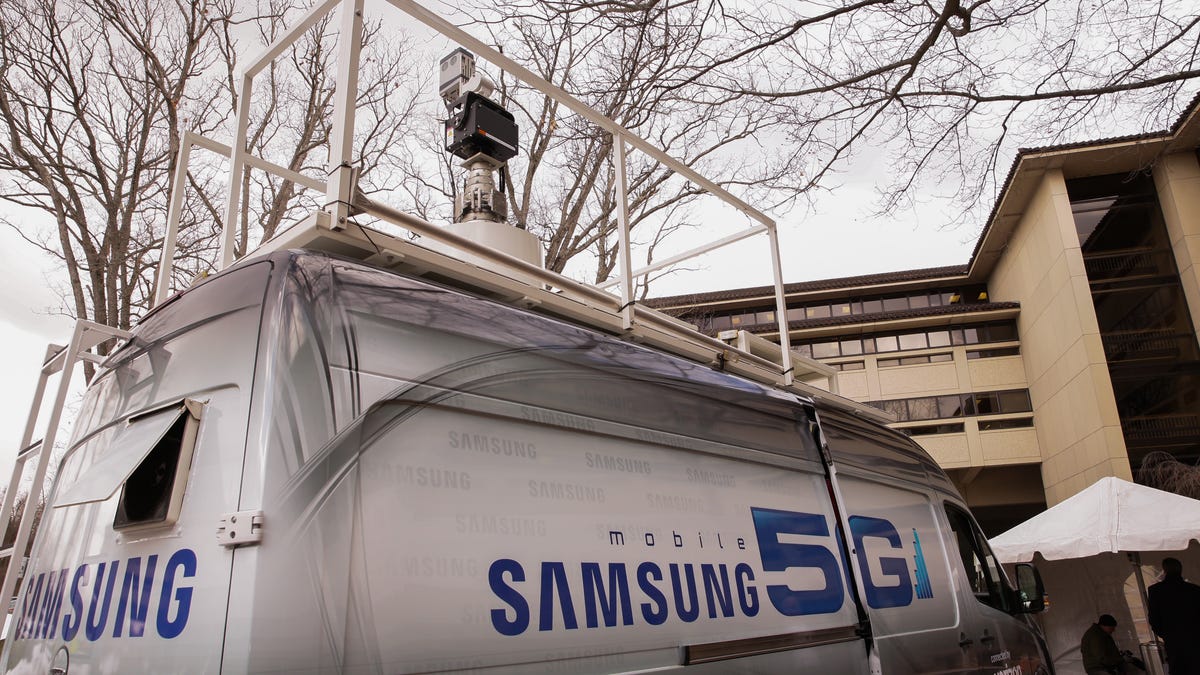Verizon hopes to set 5G agenda with latest milestone
The carrier and its partners agree to a set of standards -- a move that pushes the 5G effort forward and that reinforces Verizon's leadership in the upcoming wireless tech.

The reality of 5G, wireless connectivity that's faster than our speediest home internet service, is years away. But that isn't stopping Verizon from making its presence felt now.
The nation's largest wireless carrier said Monday it has worked out the radio specifications for its 5G deployment with its vendor partners, providing a common blueprint for everyone regarding the network infrastructure, processors and devices. It's a significant step on the path to 5G. And by moving quickly now, Verizon hopes to set the agenda for how the standards look, a similar strategy it took with its 4G LTE deployment.
Setting the specifications not only speeds the process for its own vendors, but may influence the international community when players around the world finally begin hammering out a global standard, expected in 2020. The Federal Communications Commission is also working to free up resources to drive 5G in the US.
Riding inside a test van set up with 5G, Verizon shows off a connection speed that's far higher than what you could get at home today.
"The level of collaboration that we're seeing exceeds what we saw during 4G," said Adam Koeppe, vice president of network technology planning.
Verizon said it was working on making sure its 5G specification lined up with KT, a South Korean carrier interested in making a quick leap into the new technology in time for the 2018 Olympics in Pyeongchang, South Korea.
There's been a lot of hype about 5G, and Verizon has had a hand in that. It offers massive potential as the next generation of cellular technology. The test speeds that Verizon has been able to produce are fast enough to download the entire "Simpson" series, or 600 high-definition episodes, in about half an hour.
While that may represent a theoretical best-case scenario, even modest predictions of what 5G will actually look like may transform our lives and a myriad of industries by improving and widening access to more people and more devices, and better enabling new tech like virtual reality and self-driving cars.
Verizon isn't the only company working on 5G. T-Mobile has quietly looked into 5G. AT&T is investing in 5G as well and will run limited service in two cities by summer's end. AT&T's size will make it another influential voice in figuring out how 5G looks in a few years.
Verizon said it will begin commercially deploying its service next year.
These early deployments will serve more as a replacement for home internet service, referred to as fixed mobile broadband. Verizon even hopes to potentially provide home broadband access across the nation using its 5G network. But to get the kind of freedom of access you enjoy with 4G today, you'll have to wait until all the carriers get on board the 5G train.
This article also appears in Spanish. Read: Verizon espera liderar el salto a 5G con nuevo logro

